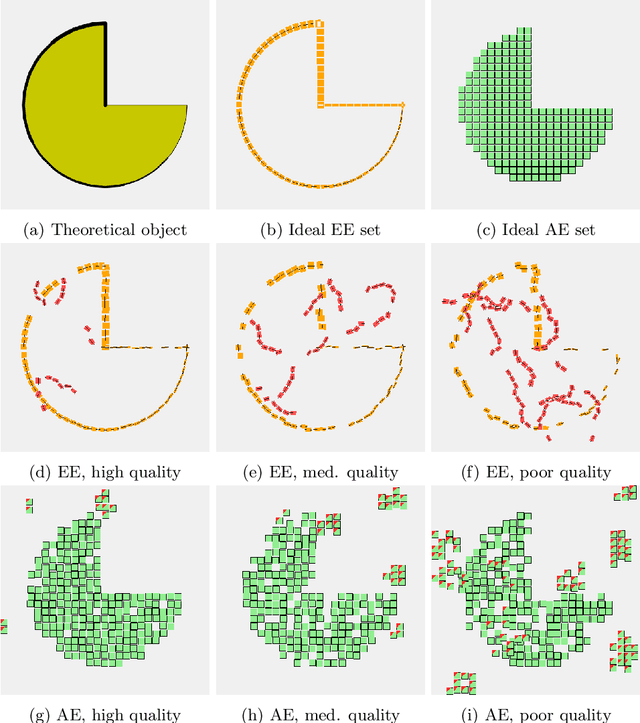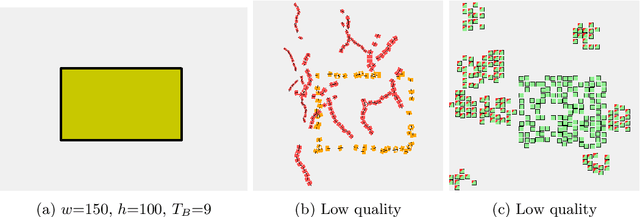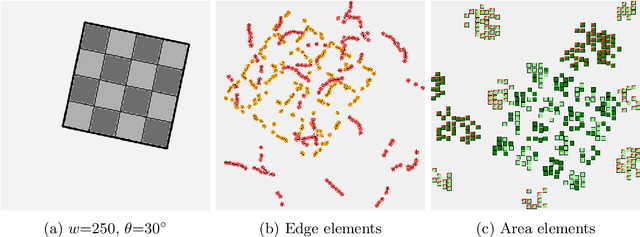Oded Cohen
Robust Phantom-Assisted Framework for Multi-Person Localization and Vital Signs Monitoring Using MIMO FMCW Radar
Jan 12, 2025Abstract:With the rising prevalence of cardiovascular and respiratory disorders and an aging global population, healthcare systems face increasing pressure to adopt efficient, non-contact vital sign monitoring (NCVSM) solutions. This study introduces a robust framework for multi-person localization and vital signs monitoring, using multiple-input-multiple-output frequency-modulated continuous wave radar, addressing challenges in real-world, cluttered environments. Two key contributions are presented. First, a custom hardware phantom was developed to simulate multi-person NCVSM scenarios, utilizing recorded thoracic impedance signals to replicate realistic cardiopulmonary dynamics. The phantom's design facilitates repeatable and rapid validation of radar systems and algorithms under diverse conditions to accelerate deployment in human monitoring. Second, aided by the phantom, we designed a robust algorithm for multi-person localization utilizing joint sparsity and cardiopulmonary properties, alongside harmonics-resilient dictionary-based vital signs estimation, to mitigate interfering respiration harmonics. Additionally, an adaptive signal refinement procedure is introduced to enhance the accuracy of continuous NCVSM by leveraging the continuity of the estimates. Performance was validated and compared to existing techniques through 12 phantom trials and 12 human trials, including both single- and multi-person scenarios, demonstrating superior localization and NCVSM performance. For example, in multi-person human trials, our method achieved average respiration rate estimation accuracies of 94.14%, 98.12%, and 98.69% within error thresholds of 2, 3, and 4 breaths per minute, respectively, and heart rate accuracies of 87.10%, 94.12%, and 95.54% within the same thresholds. These results highlight the potential of this framework for reliable multi-person NCVSM in healthcare and IoT applications.
Hardware Implementation of Task-based Quantization in Multi-user Signal Recovery
Jan 27, 2023Abstract:Quantization plays a critical role in digital signal processing systems, allowing the representation of continuous amplitude signals with a finite number of bits. However, accurately representing signals requires a large number of quantization bits, which causes severe cost, power consumption, and memory burden. A promising way to address this issue is task-based quantization. By exploiting the task information for the overall system design, task-based quantization can achieve satisfying performance with low quantization costs. In this work, we apply task-based quantization to multi-user signal recovery and present a hardware prototype implementation. The prototype consists of a tailored configurable combining board, and a software-based processing and demonstration system. Through experiments, we verify that with proper design, the task-based quantization achieves a reduction of 25 fold in memory by reducing from 16 receivers with 16 bits each to 2 receivers with 5 bits each, without compromising signal recovery performance.
ORCEA: Object Recognition by Continuous Evidence Assimilation
May 11, 2021



Abstract:ORCEA is a novel object recognition method applicable for objects describable by a generative model. The primary goal of ORCEA is to maintain a probability density distribution of possible matches over the object parameter space, while continuously updating it with incoming evidence; detection and regression are by-products of this process. ORCEA can project primitive evidence of various types (edge element, area patches etc.) directly on the object parameter space; this made possible by the study phase where ORCEA builds a probabilistic model, for each evidence type, that links evidence and the object-parameters under which they were created. The detection phase consists of building the joint distribution of possible matches resulting from the set of given evidence, including possible grouping to signal/noise; no additional algorithmic steps are needed, as the resulting PDF encapsulates all knowledge about possible solutions. ORCEA represents the match distribution over the parameter space as a set of Gaussian distributions, each representing a concrete probabilistic hypothesis about the object, which can be used outside its scope as well. ORCEA was tested on synthetic images with varying levels of complexity and noise, and shows satisfactory results.
 Add to Chrome
Add to Chrome Add to Firefox
Add to Firefox Add to Edge
Add to Edge